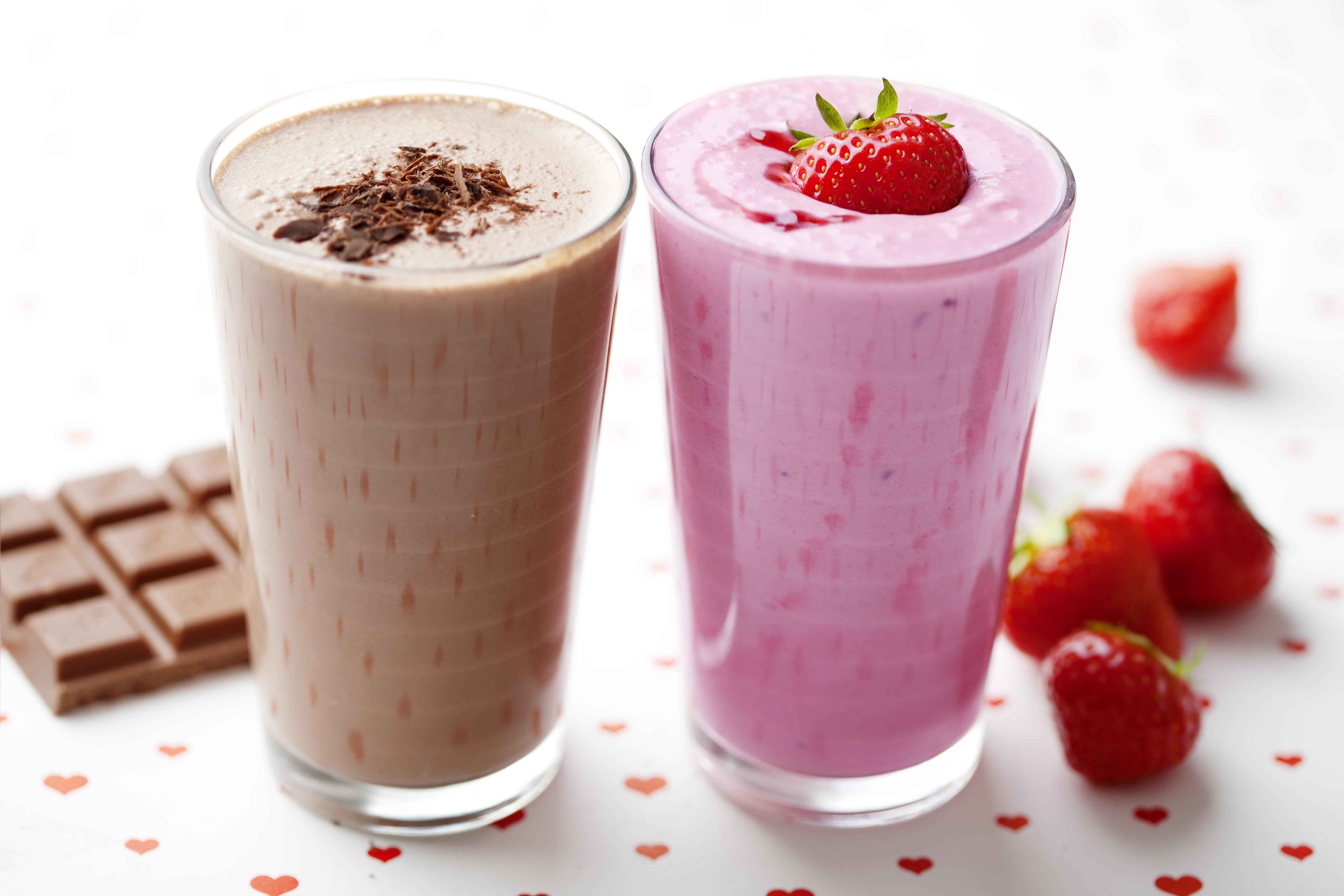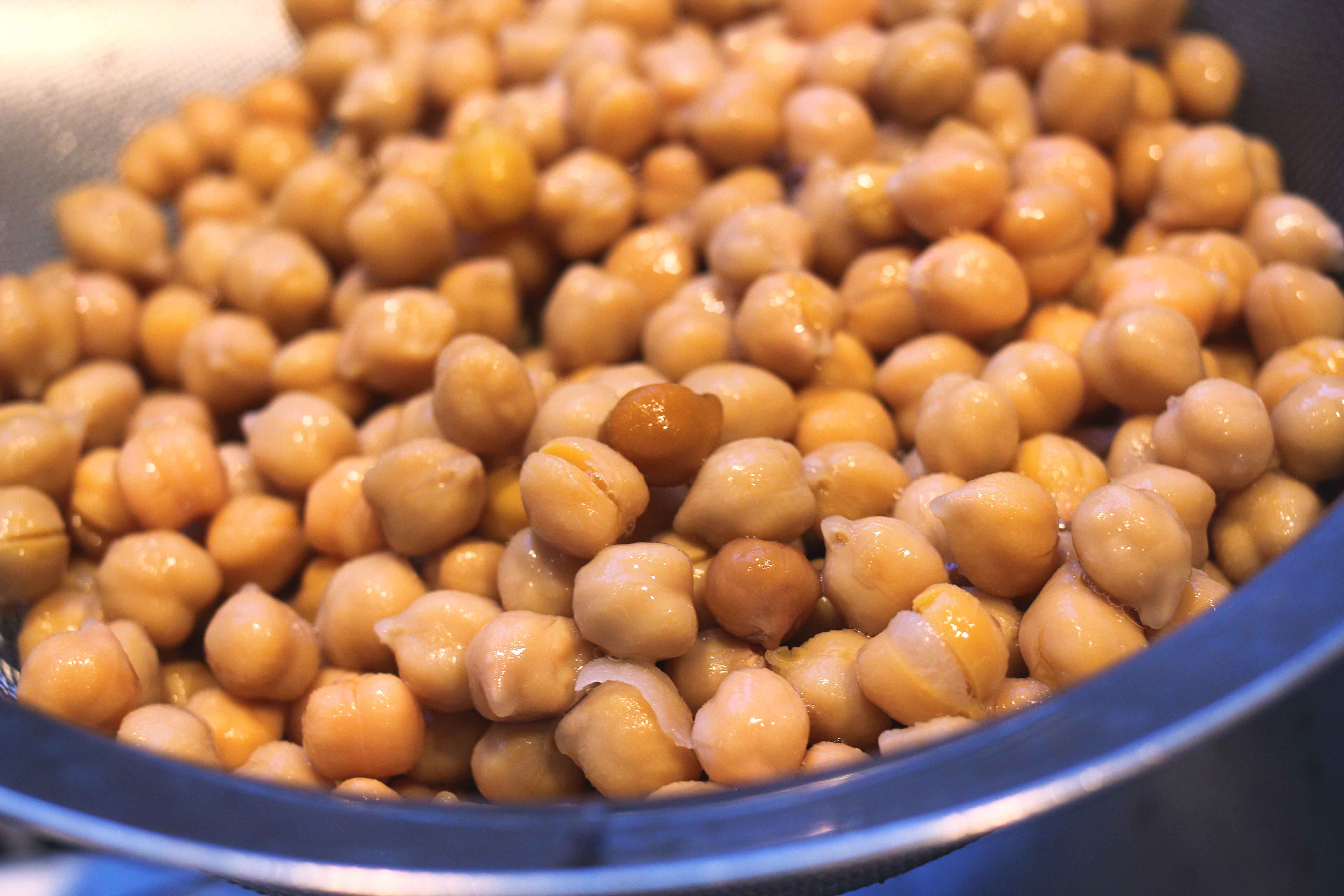I don’t usually count calories, but every once and awhile, I get curious about what’s going into my body. So I decided to look up the calories of an avocado, a previously-indispensable part of my breakfast. And boy was I gobsmacked by the results. An average avocado has upwards of 320 calories!
As I stood in front of my kitchen sink, trying to take in the bad news, I started wondering what other foods might be harboring more than their fair share of calories. Here’s a list of the most sneaky culprits.
1. Greek Yogurt
We at Modernize love our Greek yogurt. It’s got lots of protein, and about half the carbs of typical yogurt. Plus, if you’re like me, you prefer the creamy texture. In its plain form, it’s actually pretty low-cal, running you only about 150 calories.
The problem is that plain Greek yogurt is, well, plain. So you start adding honey, nuts, fruit, and sugar, and then you have a problem. And goodness help you if you add granola—another sneaky calorie goblin. Since it’s so healthy, the best idea is just to shop carefully—get the brands that contain fewer calories, and stay away from the low-fat brands, as more often than not that’s just code for “more sugar.”

Via Allwomenstalk
2. Multigrain and Wheat Breads
The good news is gluten may not be as bad for us as we thought. The bad new is many breads contain refined flours—even those that may seem healthy.
It’s important to look at the bread you buy and make sure it says it is 100 percent whole wheat. Otherwise, you might as well be eating white bread, for all the nutritional benefit you’ll get. Wheat breads that are not made from 100 percent whole wheat flour contain enriched flours, where all the healthy vitamins and nutrients are stripped from the flour during processing.

Via Health Works
3. Your Smoothie Ingredients
You may think you’re being super healthy by glugging down that smoothie every morning—and it’s true, smoothies have lots of vitamins. But they can also pack a calorie punch if you’re not careful!
To solve this, stay away from adding peanut butter, yogurt, or chocolate to your home-made smoothies, and look for lower calorie recipes that will make sure you’re not accidentally guzzling 700 plus calories every morning.

Via Yogurt Frenzy
4. Coconut Milk
If you’re substituting coconut milk for a glass of milk or in your morning coffee, beware! While coconut milk does have health benefits, such as helping your body fight bacteria and infections, with its hefty load of saturated fats, it has a pretty high calorie rate.
So use it in moderation, and check the packaging before you buy for lower calorie servings.

Via Vital Routine
As I stood in front of my kitchen sink, trying to take in the bad news, I started wondering what other foods might be harboring more than their fair share of calories. Here’s a list of the most sneaky culprits.
1. Greek Yogurt
We at Modernize love our Greek yogurt. It’s got lots of protein, and about half the carbs of typical yogurt. Plus, if you’re like me, you prefer the creamy texture. In its plain form, it’s actually pretty low-cal, running you only about 150 calories.
The problem is that plain Greek yogurt is, well, plain. So you start adding honey, nuts, fruit, and sugar, and then you have a problem. And goodness help you if you add granola—another sneaky calorie goblin. Since it’s so healthy, the best idea is just to shop carefully—get the brands that contain fewer calories, and stay away from the low-fat brands, as more often than not that’s just code for “more sugar.”
2. Multigrain and Wheat Breads
The good news is gluten may not be as bad for us as we thought. The bad new is many breads contain refined flours—even those that may seem healthy.
It’s important to look at the bread you buy and make sure it says it is 100 percent whole wheat. Otherwise, you might as well be eating white bread, for all the nutritional benefit you’ll get. Wheat breads that are not made from 100 percent whole wheat flour contain enriched flours, where all the healthy vitamins and nutrients are stripped from the flour during processing.
3. Your Smoothie Ingredients
You may think you’re being super healthy by glugging down that smoothie every morning—and it’s true, smoothies have lots of vitamins. But they can also pack a calorie punch if you’re not careful!
To solve this, stay away from adding peanut butter, yogurt, or chocolate to your home-made smoothies, and look for lower calorie recipes that will make sure you’re not accidentally guzzling 700 plus calories every morning.

4. Coconut Milk
If you’re substituting coconut milk for a glass of milk or in your morning coffee, beware! While coconut milk does have health benefits, such as helping your body fight bacteria and infections, with its hefty load of saturated fats, it has a pretty high calorie rate.
So use it in moderation, and check the packaging before you buy for lower calorie servings.
5. Cheese
If you’re on a strict diet, you’re already probably avoiding cheese, but if you are still eating it, you may be surprised to learn that the average portion size is an ounce—about four die-sized cubes. Also, different kinds of cheese have different calorie counts.
Your healthiest option is to stick to mozzarella (about 85 calories per serving), and skip the gruyere (about 120 calories).
6. Prepared Tofu
You may be subbing tofu as a healthy alternative to meats, but if you’re buying it seasoned and prepared from the grocery store, you could be loading yourself up with calories.
If the prepared tofu has been fried, the frying oil adds calories. Also, sugar-laden sauces, like teriyaki, rack up the calories in otherwise healthy salads and stir fries.
7. Your Salad Supplies
By now, you probably know that salad dressing contains a lot of fat, but did you know it’s also hefty in the calories? Plus, some of your most coveted salad ingredients may be adding to the count. Chickpeas, for instance, rack up a whopping 286 calories per cup. Add that to a sugary or fatty salad dressing, and you could be looking at a salad with 700 to 800 calories. Not exactly low-cal.
To solve this, make sure you’re picking an oil-based dressing rather than the creamy kind, and look for products that have oil, vinegar and water as the first three ingredients listed. Also, stay away from low-fat dressings, as they often have more sugar to make up for the lack of fat.

8. Hummus
Hummus is good for you. Prepared traditionally with olive oil and paired with vegetables, hummus has fewer saturated fats that other snacks.
However, to save money, some commercial brands use other, less healthy oils instead of pure olive oil, which decreases the health benefits and adds on calories.
9. Pepperoni It’s your cheat day, and you’re hankering for pizza. But you still want to be healthy about it. You’re only eating a few pepperonis on your slice, so it can’t be that bad for you, right? Wrong. One small slice of pepperoni can add as many as 30 calories to your meal. Multiply that by four, and you’ve just added over 100 calories to an already calorie-dense meal.
10. Juice
Okay, so it’s a drink, not a food, but you still might be thinking that orange juice is good for you. What about all that vitamin C? Well, although orange juice has lots of vitamins, a cup of it also nets you an extra 112 calories, and has a bunch of carbs, to boot.
About the Author











